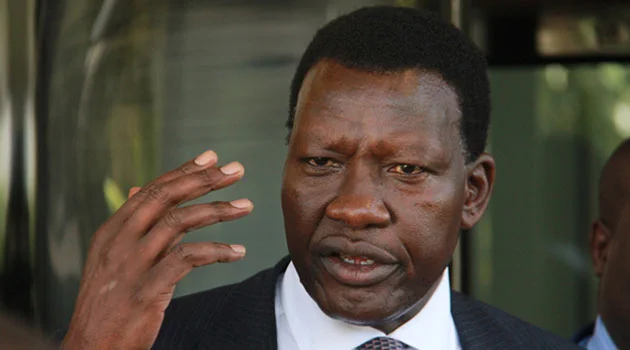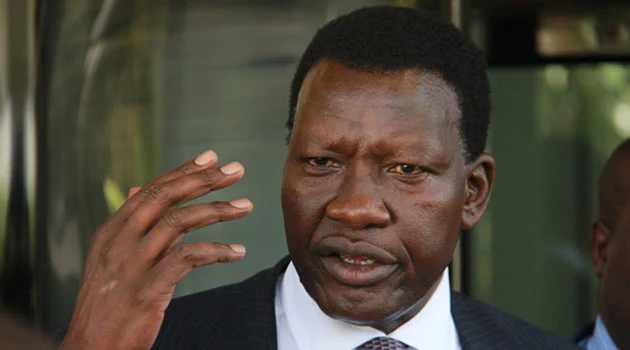Energy Cabinet Secretary, Davies Chirchir told the National Dialogue Committee (NDC) that Kenyans should brace themselves for increased fuel prices to Ksh 300 per litre soon.

He was speaking at the NDC when he mentioned that the ongoing conflict between Israel and the Hamas group, would push the prices higher. According to him, the war will possibly hit the global crude prices and consequently affect pump prices.
“I read the article in the Financial Times the other day that because of the Hamas and Israeli war, the international prices could go up to USD 150 and that would literally mean our products going to a high of Ksh 300 at the pump,” The CS told the NDC.
Last year July, a litre of petrol was retailing at Ksh 159.12 because the governmnet introduced a subsidy to cushion Kenyans from high cost of fuel. At the start of the year 2023, the cost of petrol was now retailing at Ksh 177 per litre. Currently, a litre is retailing at Ksh 217 per litre, causing strain on citizens within the country.
The prices of fuel began to hit the all time high after the removal of subsidies when the Kenya Kwanza Administration took over power. They further increased the VAT (Value Added Tax) on fuel from 8% to 16%. Afterwards, the commodity became too expensive that Kenyans cannot control.
Subscribe to Switch TV
Steps Being Taken
The CS, told Kimani Ichung’wah and Kalonzo Musyoka-led committee that the current government was doing everything they can to curtail further price hikes. According to him, if we don’t do this, then Kenyans would be pushed to an economic crisis sooner rather than later.
” These are products which are real drivers of inflation so we are consciously working on it on a day-to-day basis to make sure that although its a global challenge, we do obtain the best prices for our country,” CS Chirchir said.
President William Ruto’s administation faced harsh criticism from Kenyans after he removed fuel subsidies and increased taxes on fuel. According to them, the subsidies were introduced to keep fuel prices low and cushion Kenyans.
Executives have cut jobs and halted hiring of new workers due to the tough environment. Furthermore, manufacturers have increased prices of commodities due to the increase in production and distribution cost.
Read Also: Uganda’s Cabinet Takes Steps to Reduce Fuel Dependency on Kenya
















